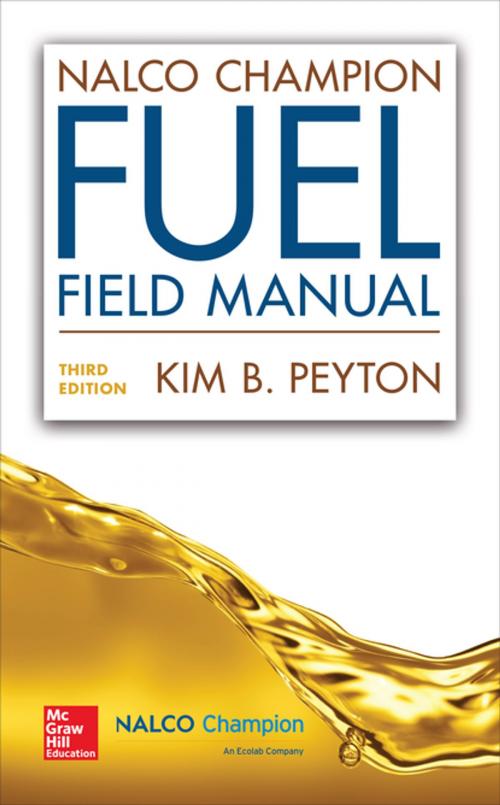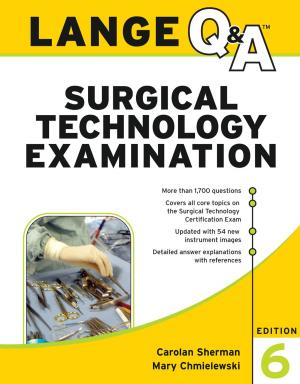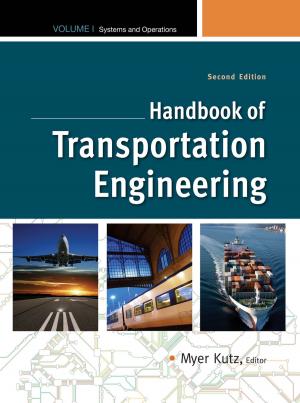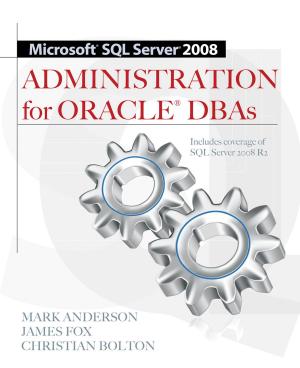NalcoChampion Fuel Field Manual, Third Edition
Nonfiction, Science & Nature, Technology, Engineering, Mechanical| Author: | Kim B. Peyton | ISBN: | 9780071848107 |
| Publisher: | McGraw-Hill Education | Publication: | October 6, 2016 |
| Imprint: | McGraw-Hill Education | Language: | English |
| Author: | Kim B. Peyton |
| ISBN: | 9780071848107 |
| Publisher: | McGraw-Hill Education |
| Publication: | October 6, 2016 |
| Imprint: | McGraw-Hill Education |
| Language: | English |
Up-to-date strategies for tackling real-world fuel-related problems
This fully revised guide shows, step-by-step, how to effectively solve fuel problems you might face in the field. Written by leading petroleum expert Kim B. Peyton, Nalco Champion Fuel Field Manual, 3rd Edition, covers the entire range of problems encountered during the refining, storage, transportation, delivery, and combustion processes. You will get the latest testing, troubleshooting, and problem solving techniques, as well as concise hazard information and detailed safety procedures. The book offers quick answers to difficult questions, taking you easily from problem to solution.
Inside, you’ll find:
• Crude oil and common hydrocarbon fuel properties
• Identifying and solving specific fuel problems
• Sources of fuel production problems
• Physical and chemical measurements
• Solving fuel problems using chemical additives
• Start-to-finish testing methods
• Fuel and fuel additive storage and injection systems
• Safe shipping and hazard information
• Fuel performance property and deposit analysis
• Synthetic and alternative fuels
Up-to-date strategies for tackling real-world fuel-related problems
This fully revised guide shows, step-by-step, how to effectively solve fuel problems you might face in the field. Written by leading petroleum expert Kim B. Peyton, Nalco Champion Fuel Field Manual, 3rd Edition, covers the entire range of problems encountered during the refining, storage, transportation, delivery, and combustion processes. You will get the latest testing, troubleshooting, and problem solving techniques, as well as concise hazard information and detailed safety procedures. The book offers quick answers to difficult questions, taking you easily from problem to solution.
Inside, you’ll find:
• Crude oil and common hydrocarbon fuel properties
• Identifying and solving specific fuel problems
• Sources of fuel production problems
• Physical and chemical measurements
• Solving fuel problems using chemical additives
• Start-to-finish testing methods
• Fuel and fuel additive storage and injection systems
• Safe shipping and hazard information
• Fuel performance property and deposit analysis
• Synthetic and alternative fuels















